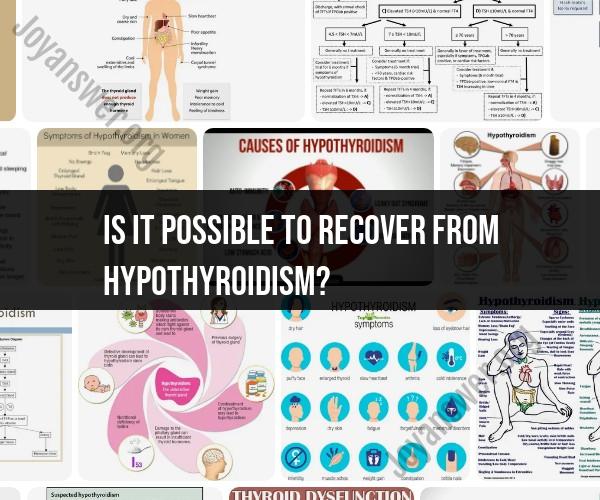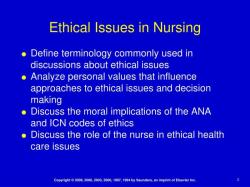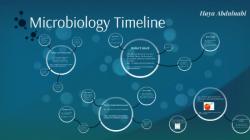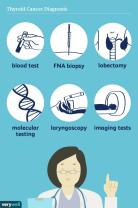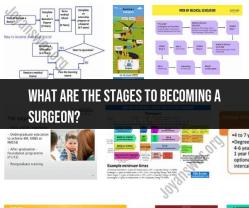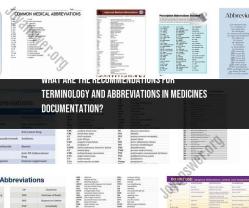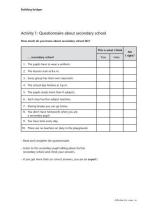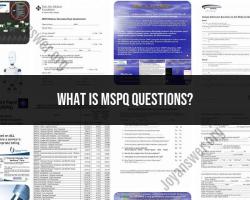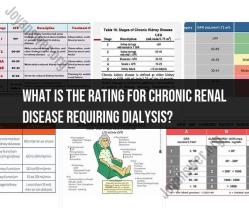Is it possible to recover from hypothyroidism?
Recovery from hypothyroidism involves managing the condition effectively through medical treatment, lifestyle changes, and regular monitoring. While hypothyroidism is a chronic condition that may require lifelong management, proper care can help alleviate symptoms and improve overall well-being. Here's what to expect and how to manage recovery from hypothyroidism:
1. Medical Treatment:
- Hypothyroidism is typically treated with thyroid hormone replacement therapy. The most common medication is levothyroxine (Synthroid, Levoxyl, etc.).
- Your doctor will prescribe the appropriate dosage based on your thyroid function tests. It's essential to take the medication as prescribed and follow up with your doctor for regular blood tests to monitor thyroid hormone levels.
2. Lifestyle Changes:
- Diet: Eating a balanced diet rich in whole grains, lean proteins, fruits, and vegetables can support overall health. Some nutrients, such as iodine and selenium, are important for thyroid function.
- Exercise: Regular physical activity can help boost metabolism and improve energy levels.
- Stress Management: Chronic stress can affect thyroid function. Engage in stress-reduction techniques such as meditation, yoga, or deep breathing.
- Sleep: Prioritize quality sleep to support overall health and hormonal balance.
3. Avoiding Triggers:
- Certain foods, medications, and supplements can interfere with thyroid hormone absorption. Consult your doctor about potential interactions and any necessary dietary adjustments.
4. Medication Management:
- Take thyroid medication on an empty stomach, preferably in the morning, and avoid consuming calcium, iron, or other supplements within a few hours of taking your medication.
5. Regular Monitoring:
- Attend regular follow-up appointments with your healthcare provider to monitor your thyroid function and adjust medication if needed.
6. Managing Symptoms:
- Hypothyroidism symptoms can take time to improve even after starting medication. Be patient and communicate with your doctor about any persistent symptoms.
7. Be Informed:
- Educate yourself about hypothyroidism, its symptoms, and treatment options. Understanding your condition empowers you to make informed decisions and manage your health effectively.
8. Support Network:
- Connect with support groups or online communities to share experiences, insights, and coping strategies with others who have hypothyroidism.
9. Pregnancy Considerations:
- If you're pregnant or planning to become pregnant, work closely with your healthcare provider to manage thyroid levels, as thyroid health is crucial for fetal development.
10. Regular Check-ups:
- Consistent medical care and communication with your doctor are essential for successful management and recovery.
It's important to note that recovery from hypothyroidism varies from person to person, and individual experiences may differ. With proper medical care, lifestyle adjustments, and adherence to treatment, many individuals with hypothyroidism can lead healthy and fulfilling lives. Always consult your healthcare provider for personalized guidance based on your specific condition and needs.
